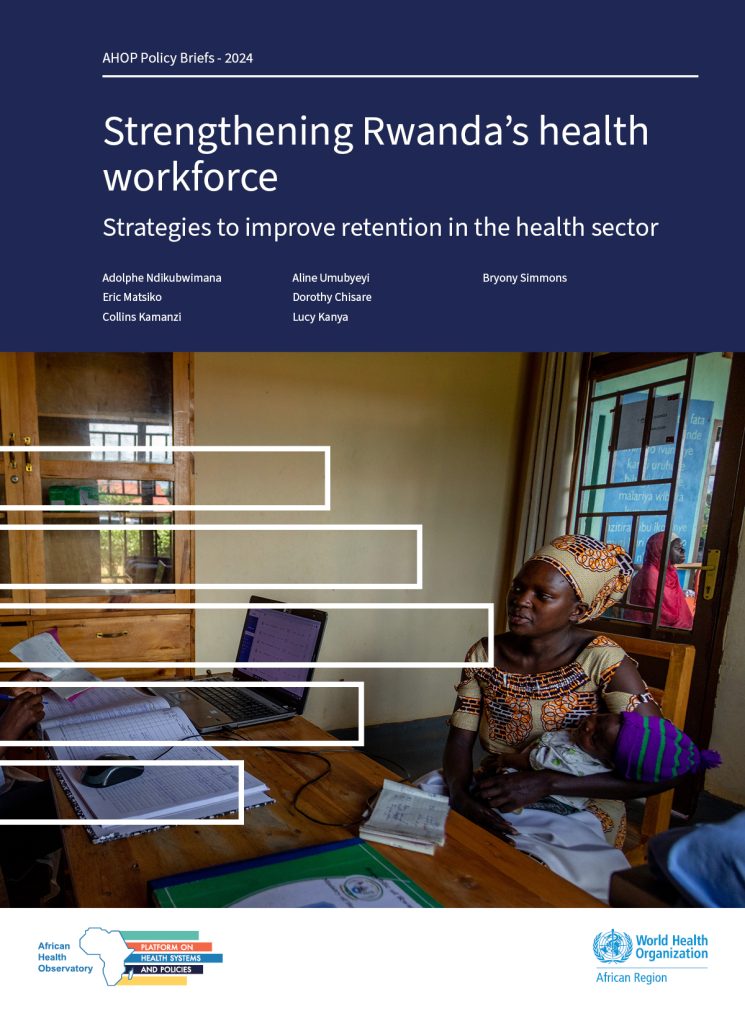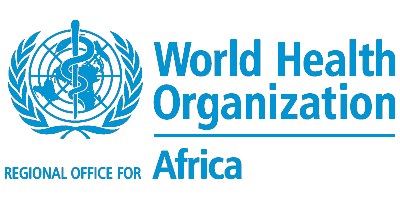The African Health Observatory Platform on Health Systems and Policies (AHOP) presents a new policy brief from the Rwanda National Centre – School of Public Health at the University of Rwanda – titled, “Strengthening Rwanda’s health workforce: strategies to improve retention in the health sector”.
The policy brief states that, despite progress, Rwanda’s high level of staff attrition amongst health workers remains a major challenge to the public health sector, directly impacting the quality of care and delivery of health services. The Rwandan public health sector needs to continue finding new ways to retain its health workforce to reduce the number of doctors, nurses and other health workers leaving the sector.
According to the brief, nine percent of all health professionals leave the sector annually, with many choosing to emigrate. Low public health sector salaries and incentives, heavy workloads, limited opportunities for career advancement and insufficient and a low health worker-to-population ratio are cited as key push factors for public health workers who decide to leave the sector.
This level of attrition is compounded by a low density of health workers in the country. Whilst the health professional-to-population ratio has notably improved over the past decade, the number of doctors, nurses, midwives, pharmacists and dentists per 10 000 people in Rwanda still falls below national and global recommendations.
“Over the past decade, Rwanda has made commendable progress in establishing a skilled health workforce,” said Dr Serge Bataliack, Coordinator of the Integrated African Health Observatory at the World Health Organization Regional Office for Africa (WHO AFRO). “A broad range of programmes have been implemented to improve the retention of health care professionals. However, additional strategies are needed to sustain a stable, motivated, and equitable health workforce.”
The brief proposes a range of strategies that could be piloted to address the different aspects of staff retention. These include ensuring competitive pay, improving health training opportunities, implementing mechanisms for horizontal and vertical promotion, and in-kind benefits, such as staff accommodation.
“Retaining a skilled health workforce will be vital to advance Rwanda towards its Vision 2050 goal of universal access to high-quality health services,” added Dr Aline Umubyeyi, a co-author of the policy brief and professor at the University of Rwanda’s School of Public Health. “Policy-makers must work with health facilities, academia, the private sector and other partners to explore new retention strategies through careful planning, implementation, and monitoring to ensure the right balance between costs and benefits.”









